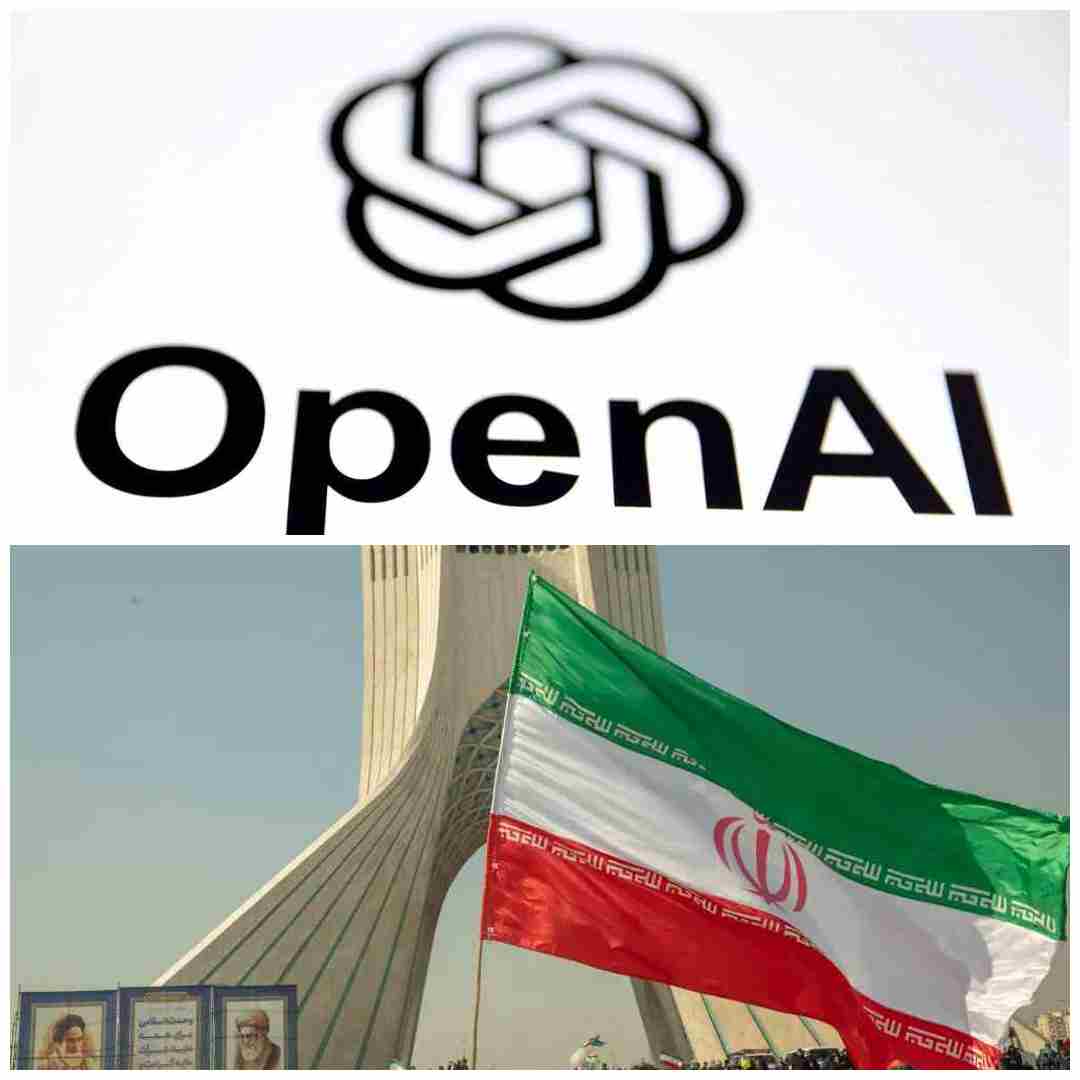OpenAI Bans Iranians’ ChatGpt Accounts For Targeting U.S. Election Lies.
Aug 17, 2024 / GMT+6
OpenAI has banned Iranian-linked accounts involved in a covert influence plan using ChatGPT to spread misinformation about the U.S. presidential election.
More topics for you...This topic continues below.
China reports record $1.2 trillion trade surplus for 2025, defying Trump's tariffs.
On Friday, OpenAI announced it banned several accounts involved in an Iranian influence operation, known as Storm-2035. This operation used ChatGPT to spread misinformation, especially about the U.S. presidential election.
OpenAI discovered these accounts created misleading content on topics like U.S. politics and global events. Despite their efforts, the posts received minimal attention, with few likes, shares, or comments. The content appeared on fake news websites pretending to be either progressive or conservative, aiming to influence different political views.
The Iranian network, Storm-2035, mixed political posts with comments about fashion and beauty to appear more genuine. Microsoft recently highlighted this group as part of a broader problem of foreign interference in U.S. elections. Microsoft also warned about increased activity from both Iranian and Russian networks.
Groups like Ruza Flood and Doppelganger are known for using social media to spread false information. They often disguise their real content with misleading links. Meta, the social media giant, has identified many such networks and is actively working to combat these influence operations.
In a related update, Google's Threat Analysis Group reported Iranian-backed phishing attempts targeting high-profile users in the U.S. and Israel. This group, known as APT42, uses sophisticated tactics to steal personal information and disrupt political campaigns.







